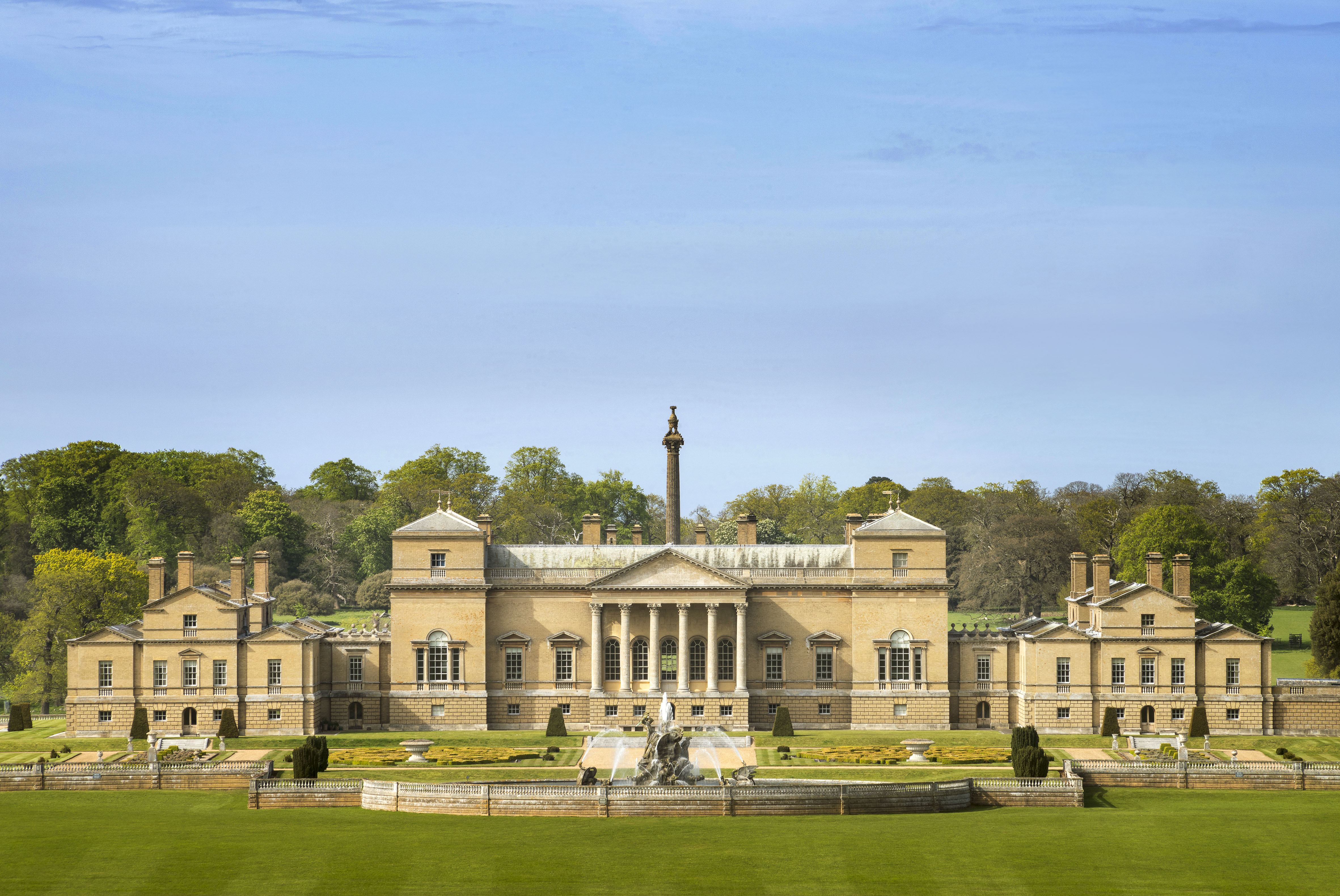15-year anniversary of the Heritage Lottery Fund
Heritage projects nationwide have been helped by grants from the Heritage Lottery Fund for 15 years


If, during the past 15 years, you bought a ticket for the National Lottery, then you've personally contributed to the £4.3 billion distributed via the Heritage Lottery Fund (HLF) to 28,000 heritage projects nationwide.
The criteria for HLF funding are wide-reaching: projects must be of benefit to the public, and have a clear focus on ‘heritage', defined as ‘things from the past that we value and want to pass on to future generations'. To this end, Lottery funds have shored up our churches, sponsored community projects, boosted museums and galleries, saved treasures for the nation and even funded the excavation of Britain's oldest known dinosaur.
Since 1994, the HLF has also funded 2,000-plus projects to raise awareness of and conserve threatened habitats and species, such as the black grouse and horseshoe bat, and land equivalent to more than 100,000 football pitches has been bought for nature conservation. Success stories include the extensive five-year programme by Natural England to restore 865 hectares of heathland of the Vale of York, funded by a £347,000 grant, and the Rushcliffe Barn Owl Project, now the most successful conservation project in Nottinghamshire.
Recent investments include Sir David Attenborough's National Moth Recording Scheme, set up last year to find out why numbers of this insect have dropped by a third since the 1960s, which was funded with more than £800,000.
‘These crucial biodiversity projects would not have happened without Heritage Lottery funding,' says HLF policy advisor Corinna Woodall. ‘But our role will be as important as ever in the future as there is still a lot to be done and any biodiversity projects have to be ongoing and sustainable. Partnership funding is more difficult to tap into during recessionary times, so funding may well get more and more difficult in the year ahead, making Heritage `lottery money even more crucial.'
The 15-year anniversary celebrations include the launch this month of a new programme, Skills for the Future, which will provide up to 1,000 paid work-based training opportunities for people seeking a career in heritage. Next year, the HLF will be a partner with the Natural History Museum in support of the International Year of Biodiversity.
Heritage funding by numbers
Sign up for the Country Life Newsletter
Exquisite houses, the beauty of Nature, and how to get the most from your life, straight to your inbox.
* £23 billion has been raised for good causes by Lottery players
* About 16% of this has been allocated to heritage, an average of £180 million per year
* £1.5 billion has been spent on conserving some 12,000 buildings and monuments, including more than 2,700 places of worship
* £500 million has been spent on rejuvenating 500-plus public parks
* £7 million worth of training bursaries has revitalised more than 50 traditional skills
* £1.3 billion-plus has been invested in museums and galleries large and small, including funding for more than 270 education posts
* £108 million in grants has helped conserve more than 150 locomotives, ships and planes
* £60 million-plus awarded to record stories and oral-history projects
Country Life is unlike any other magazine: the only glossy weekly on the newsstand and the only magazine that has been guest-edited by HRH The King not once, but twice. It is a celebration of modern rural life and all its diverse joys and pleasures — that was first published in Queen Victoria's Diamond Jubilee year. Our eclectic mixture of witty and informative content — from the most up-to-date property news and commentary and a coveted glimpse inside some of the UK's best houses and gardens, to gardening, the arts and interior design, written by experts in their field — still cannot be found in print or online, anywhere else.
-
 The last ‘private’ photograph of F1 driver Ayrton Senna taken before his death goes on display in London
The last ‘private’ photograph of F1 driver Ayrton Senna taken before his death goes on display in LondonIn a new exhibition of Jon Nicholson’s work at Connolly, Mayfair, photographs of Earth’s most glamorous — and sometimes tragic — motorsport series are displayed alongside ones of ‘quintessentially British’ banger racing.
-
 Open house: How to join in the fun at Britain's finest country homes
Open house: How to join in the fun at Britain's finest country homesHere are 40 events being held at country houses this summer, from jousting to Shakespeare, birdwatching to motor-racing and horse trials.